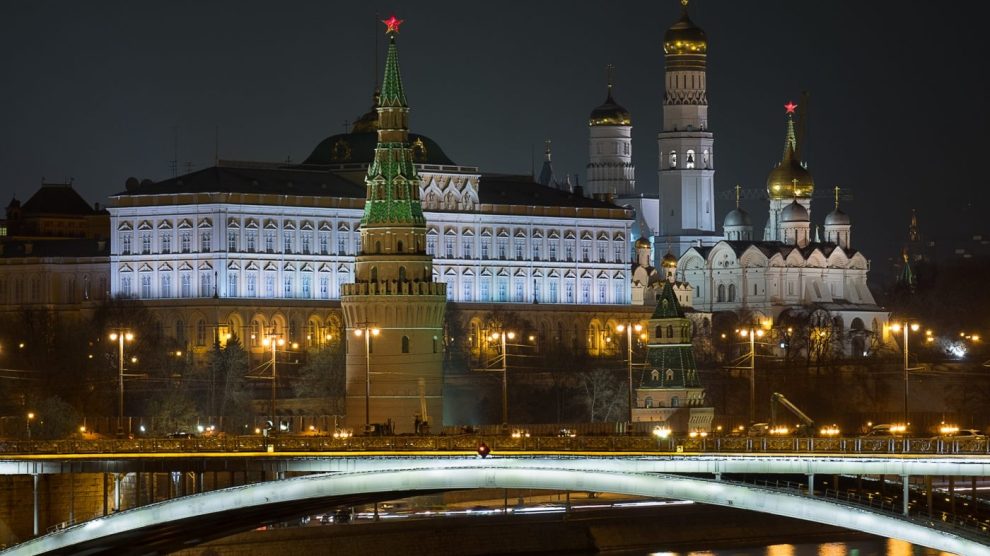Decoding the news. A Senate debate spotlighted how Kremlin propaganda has quietly entered Italian classrooms. During the discussion of the new report by the Gino Germani Institute, it emerged that recurring Russian narratives in middle school textbooks risk shaping the worldview of future Italian generations.
Driving the news:
- Presented in the Italian Senate by Senator Marco Lombardo, the report analysed 28 textbooks from leading publishers, covering editions before and after Russia’s full-scale invasion of Ukraine.
- Go deeper with the interview of the author.
Why it matters: The Kremlin’s narratives are no longer confined to social media or fringe outlets. There’s an “Italian (Russia) house”. By seeping into textbooks, they risk conditioning the critical thinking of tomorrow’s citizens, a battlefield that intelligence experts call the “cognitive domain.”
What they’re saying:
- Senator Marco Lombardo: “The fight against foreign interference is a battle of awareness. The Germani Institute’s work is vital to expose how deeply these narratives have penetrated.”
- Massimiliano Di Pasquale, head of the Germani Institute’s Ukraine Observatory: “Our research shows a striking continuity with Kremlin talking points, from Donbas to Kyiv’s history. These narratives appear across the most widely adopted textbooks.”
- Iryna Kashchey, journalist at RaiNews24: “Not a single book was free from pro-Kremlin errors. Every mistake aligned with Russia’s position, building an ideological framework that misleads students.”
- Luigi Sergio Germani, director of the Institute: “This is a war where the battlefield is the human mind. The strategy, rooted in Soviet doctrine, seeks to paralyse resistance and fracture democracies.”
- Ambassador Pier Francesco Zazo: “Italy is particularly vulnerable. From the Tsars to Putin, Moscow has always used disinformation to control its people and weaken its adversaries. Hybrid war was underestimated for too long.”
- Decode39 has spoken with Ambassador Zazo on Vladimir Putin’s playbook from the battlefield to influence in Italy.
Between the lines: The debate underscored how Russia’s information operations exploit democracy’s openness — academic freedom, publishing, pluralism — to infiltrate and distort.
What’s next: Lawmakers and experts are pushing for national and European safeguards in curricula and publishing. Building cultural and cognitive resilience is the next frontier of defence for liberal democracies.





